Healthy Weight Gain During Pregnancy: A Guide for Moms-to-Be
Figuring out the right amount of weight to gain during pregnancy can be tricky. This guide provides practical tips on healthy eating and exercise to help you navigate a healthy pregnancy.

By Theresa Adeliyi, MD, Obstetrician and Gynecologist, Virtua Center for Women
When you're pregnant, it's natural to think about how much weight you should gain. Knowing what's just right and what might be too much can be tricky. These tips can help guide you.
You're not really "eating for two"
You might have heard the saying that you're "eating for two" when you're pregnant. But it's not quite true.
- First three months (first trimester): You don't actually need extra calories. Just eat like you usually would.
- Next three months (second trimester): If your weight was in a healthy range before pregnancy, you only need about 340 extra calories a day. That's like adding one or two small snacks.
- Last three months (last trimester): You'll need about 450 extra calories a day. This could be one added small meal or two healthy snacks.
Keep in mind, these numbers can change a bit depending on your weight before pregnancy.
The Centers for Disease Control provides the following guidelines for recommended weight gain during pregnancy based on your body mass index (BMI) before pregnancy:
- Underweight (BMI greater than 18.5): Gain 28-40 pounds
- Normal weight (BMI 18.5-24.9): Gain 25-35 pounds
- Overweight (BMI 25-29.9): Gain 15-25 pounds
- Obese (BMI of 30 or higher): Gain 11-20 pounds
Talk to your OB about what's best for you.
Focus on healthy foods during pregnancy, not just calories
As your baby grows, your body needs more vitamins and nutrients. Instead of just eating more food, think about eating better food.
Here are some easy swaps:
- Instead of white bread, choose whole-grain bread.
- Drink water instead of sugary drinks like soda or sweet tea.
- Eat whole fruit instead of drinking fruit juice.
- Eat dark, leafy greens like spinach or romaine instead of plain iceberg lettuce.
Eating more fiber is also important, but drink lots of water with it. It helps with digestion and can prevent constipation.
Keep moving your body
Staying active is a great way to manage your weight gain during pregnancy. Try to do some gentle exercise for 30 minutes a day. Activities like walking, yoga, or swimming are perfect.
Exercise also helps your heart stay healthy, gives you more energy, strengthens your muscles, and can help with constipation. Remember, the goal of exercise during pregnancy is to gain weight in a healthy way, not to lose weight.
Why healthy weight gain during pregnancy matters
Gaining too much weight or not eating enough healthy foods can cause problems for you and your baby.
If you gain too much weight, you might experience:
- Back and leg pain
- Feeling very tired
- Varicose veins (swollen veins)
- High blood pressure (preeclampsia)
- Trouble during delivery
If you don't eat enough healthy foods, it could lead to:
- Anemia (low iron)
- Cravings for non-food items (called pica)
- Your baby being born too small or too early
Always talk to your OB
Every pregnancy is special and different. There's no one-size-fits-all rule for how much weight you'll gain or what might happen during your pregnancy. That's why it's so important to talk to your OB. They can give you the best advice for your unique situation and help you stay healthy throughout your pregnancy.
Virtua experts are here to help you have a healthy pregnancy
- Find a Virtua OB provider near you and schedule an appointment online.
- Virtua Health offers a variety of in-person and virtual maternity and breastfeeding classes, including childbirth preparation, baby basics, prenatal yoga, and more. See all the maternity classes.
There's So Much More to Explore
Discover expert insights, inspiring stories, health tips, and more by exploring the content below!

Understanding Food Addiction: Causes, Symptoms, and Recovery Strategies

The Weird Pregnancy Side Effects No One Tells You About

How Exercise Helps Fight the Winter Blues and Improve Your Mood

How the Unique Stages of a Woman's Heart Affect Her Health

8 Stretching and Balancing Exercises for Older Adults

Cervical Cancer Screening Guidelines: What You Need to Know

Healthy Snack Recipes for Kids: Fast, Fun, and Full of Flavor

What To Eat Before And After Your Workout

HeartTalk Magazine

How to Spot the Early Signs and Symptoms of a Stroke

Healthy Takeout Made Easy: What to Order for Better Nutrition

Why Weight Loss Plateaus Happen (And What to Do Next)

Are You Eating Too Much Salt? High-Sodium Foods to Watch For

Bioidentical Hormone Replacement Therapy Pellets: Relief for Menopause and Andropause Symptoms

Why Is Sex Painful During Pregnancy? Pelvic Congestion Syndrome Explained

COVID-19 Vaccines and Pregnancy: FAQs

How to Exercise Safely with Asthma: Tips, Triggers, and Rescue Inhaler Use

4 Exercise Tips to Help You Reverse High Blood Pressure

From Exhaustion to Empowerment: Tracy's Hormone Replacement Therapy Success Story

How to Bounce Back From Holiday Overeating

The Best and Worst Foods for Acid Reflux

Sexual Health FAQs: The Questions Everyone’s Too Embarrassed to Ask

How to Get and Stay Healthy This Fall

4 Sweet Halloween Tricks for Grown Ups Who have Diabetes

6 Ways to Get More Out of Your Daily Walk

Young Breast-Cancer Survivor Has New Hope for Healthy Future

What To Know About Vaginal Discharge During Pregnancy

Tara's Story: From Debilitating Uterine Fibroid Pain to a Half-Marathon Medal

Is Your Post-Pregnancy Belly Bulge a Sign of Diastasis Recti?

Fall Vegetables: The Health Benefits and Recipes to Try This Season

Your Guide to Mammograms: When to Get Screened and What to Know

The Top 10 Foods That Boost Your Brain Health

Is It Safe to Exercise During Pregnancy?

10 Ways First-Time Moms Can Avoid a C-Section Delivery

Healthy Weight Gain During Pregnancy: A Guide for Moms-to-Be

How to Curb Nighttime Snack Cravings

Is Your Daily Walk Making You Really Sore?

3 South Jersey Farmers Markets You Must Visit This Fall

Not Just for Wrinkles: Botox Injections Promote Improved Bladder Control

Caring Maternity Team Transforms Harley's Pregnancy Crisis Into Lasting Memories

Robotic Hysterectomy, Trusted Care Help Bobbi Shine Again

5 Best Biking Trails In South Jersey

Why Coffee Makes You Poop: A Comprehensive Guide
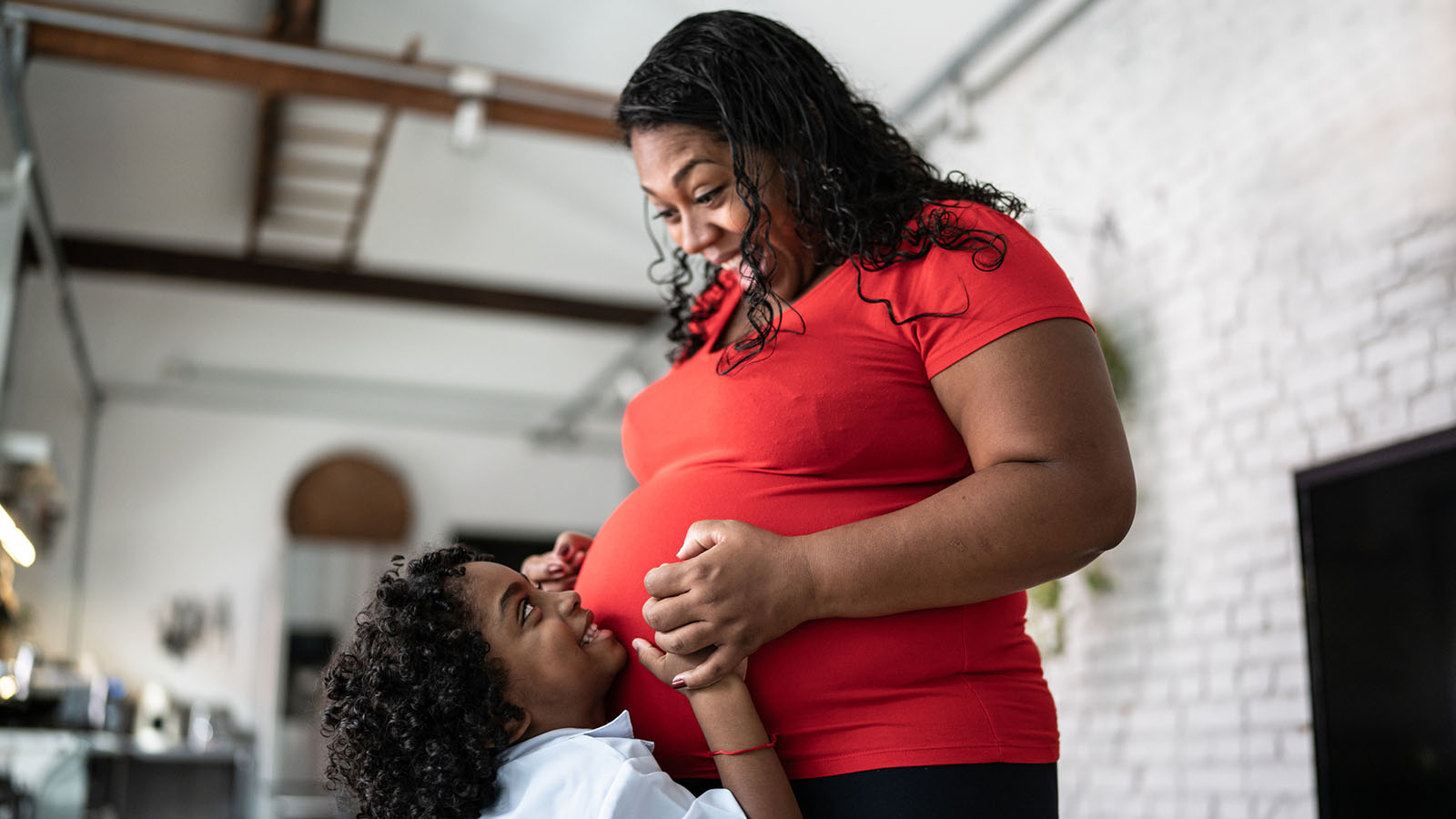
How to Have a Healthy Pregnancy if You're Overweight

4 Surprising Health Truths You Should Know

Is Low Sex Drive Normal? Revealing the Complex Causes of Low Libido in Women

CABG Surgery: What Women Should Know About Heart Health and Healing

Stress Incontinence vs. Urge Incontinence: What's the Difference?

4 Foolproof Pelvic Floor Strengthening Exercises for Women

What to Expect During Perimenopause

4 Ways to Stay Fit and Healthy on a Budget

Do You Know the Signs and Symptoms of Uterine Fibroids?

How Are Uterine Fibroids Treated?

Can I Have Sex After a Hysterectomy?

What to Expect From a Robotic Hysterectomy

When You Need A Hysterectomy Know Your Options

Take Control of Incontinence, Prolapse, and Other Pelvic Floor Disorders

How Can I Prevent Bone Loss and Osteoporosis?

How Do You Manage the Side Effects of Weight-Loss Medications?

The Truth About Menopause, Weight Gain, and Belly Fat

Shedding Light on Lesser-Known Menopause Symptoms and Solutions

Debunking The Myths About Vaginal Dryness

Advanced Minimally Invasive GYN Surgery Puts You at the Center of Care

Colitis Symptoms Under Control, Jennifer Is ‘Living My Best Life’

Surprising Symptoms May Signal Stroke In Women

Gut-Healthy Recipe: Turmeric Chicken With Asparagus

Gut Health Recipe: Chipotle Salmon and Sweet Potato Bowl

5 Back Stretches for the Work-From-Home Workweek

The HPV Vaccine: A Powerful Shield Against Cervical Cancer

How Does Breast Density Affect Your Mammogram?

Menopause: New Insights Into the Power of Hormone Replacement Therapy

How to Prevent and Treat Urinary Tract Infections

One New Heart Valve Saves Two Lives in the Tritten Family

4 Easy Ways to Treat and Prevent Runner's Knee

Breast Cancer Diagnosis Inspires Catherine to Help Others

What is the 80/20 Diet Rule?
Working from Home? Take a Quick Break to Stretch Your Wrists

Sarah Wins Back Her Health After Crohn's Disease Diagnosis

Gut-Health Recipe: Berry Yogurt Parfait
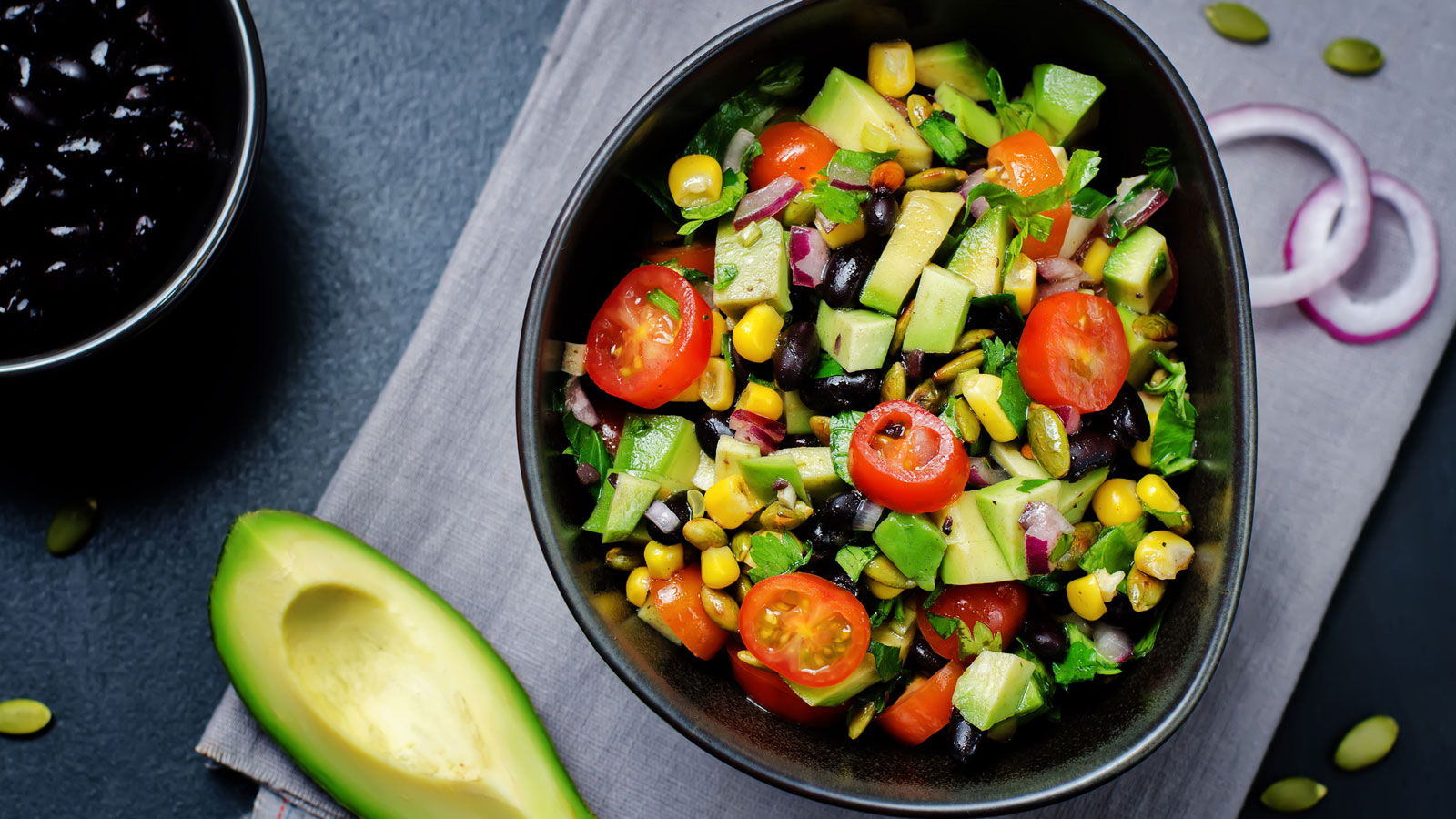
Gut-Health Recipe: Avocado and Black Bean Salad
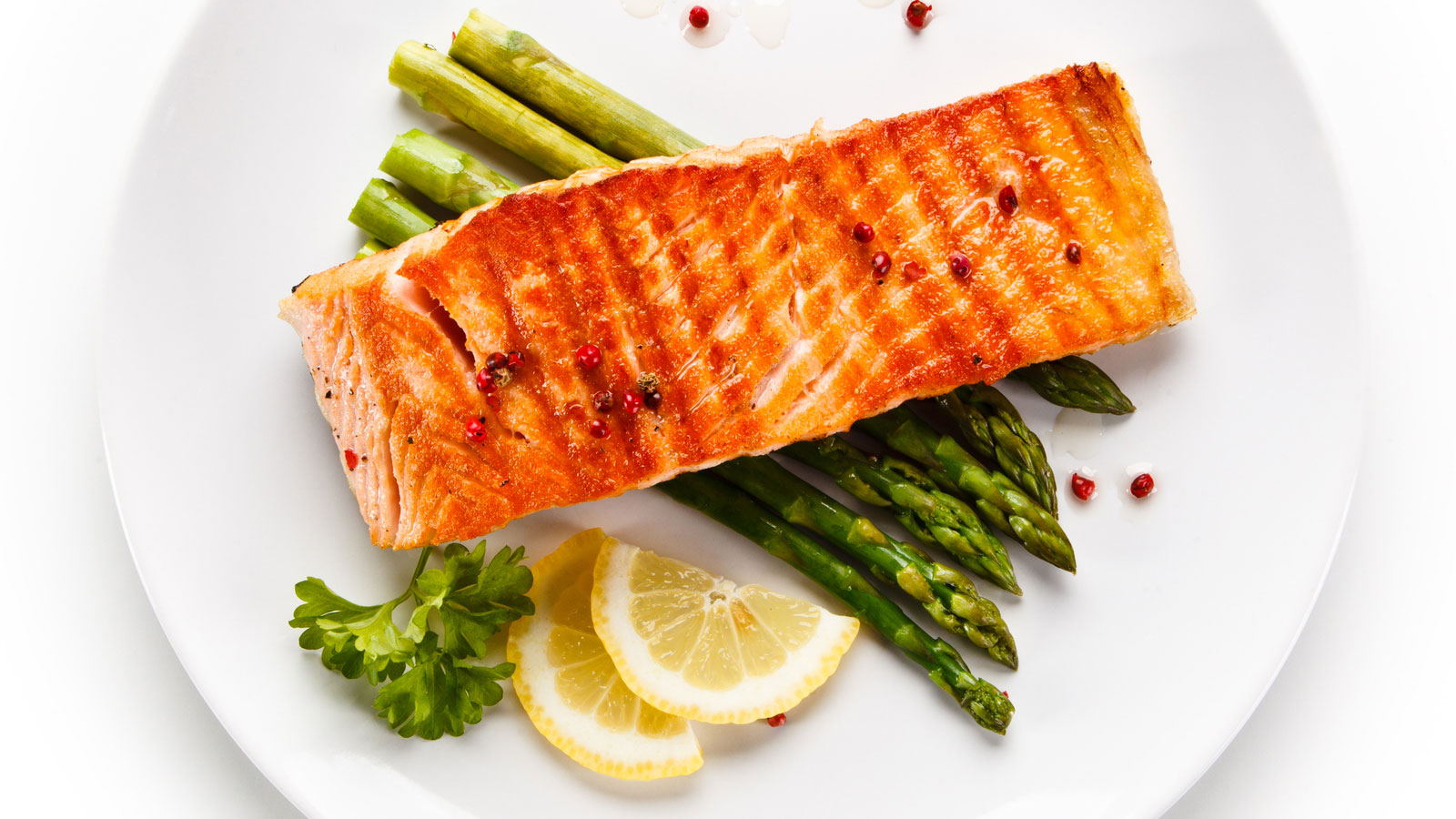
Air Fryer Salmon with Roasted Asparagus

Healthy Gameday Snacks: Buffalo Chicken Dip

Healthy Gameday Snacks: Sheet Pan Nachos

Healthy Gameday Snacks: Healthier Homemade Pizza
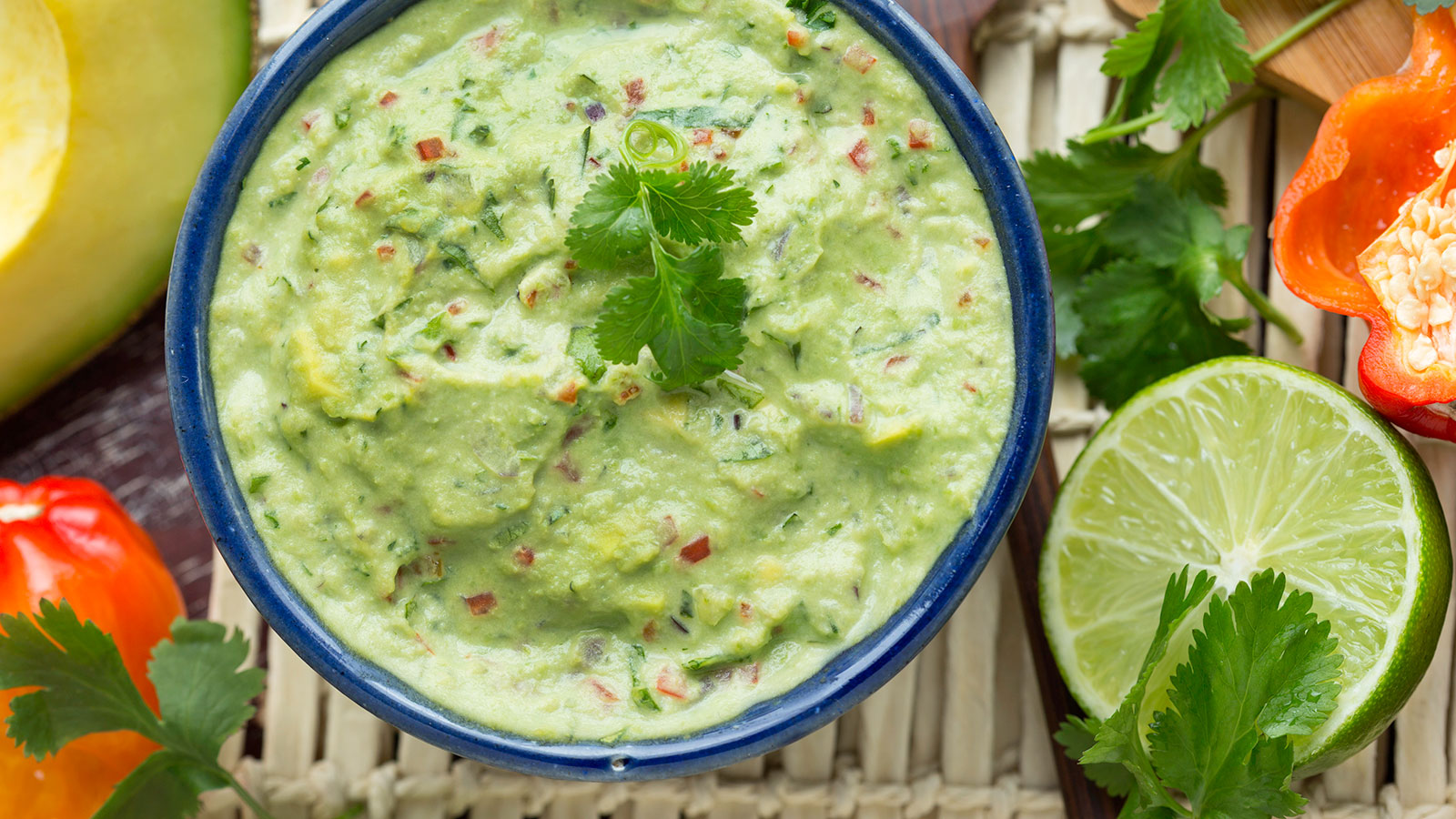
Healthy Gameday Snacks: Healthier Guacamole

Healthy Gameday Snacks: Air Fryer Buffalo Wings

5 Delicious and Healthy Gameday Snacks

A Breast Self-Exam Saved Kristen's Life

How Sex Keeps You Healthy as You Age

Protect Your Child From HPV and Related Cancers

Why IUDs Might Be The Most Effective Birth Control

5 Things You're Too Embarrassed to Tell Your OBGYN

4 Not-So-Crazy Questions to Ask Your Doctor

The Top 10 Foods For A Healthy Diabetes Diet
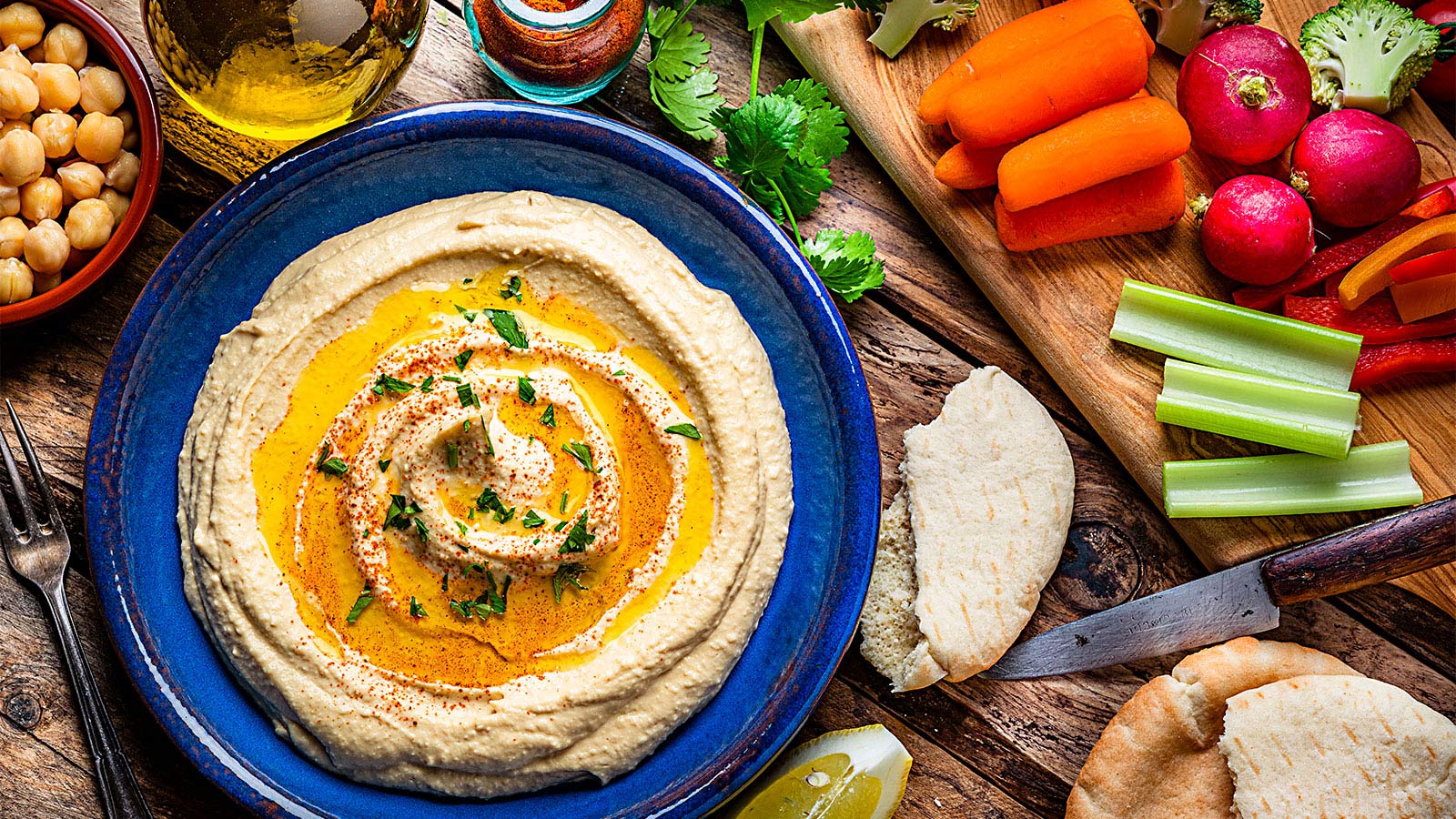
Heart-Healthy Summer Recipe: Hummus and Veggies

4 Delicious Heart-Healthy Recipes Perfect for Summer

Heart Healthy Summer Recipe: Dessert Parfait
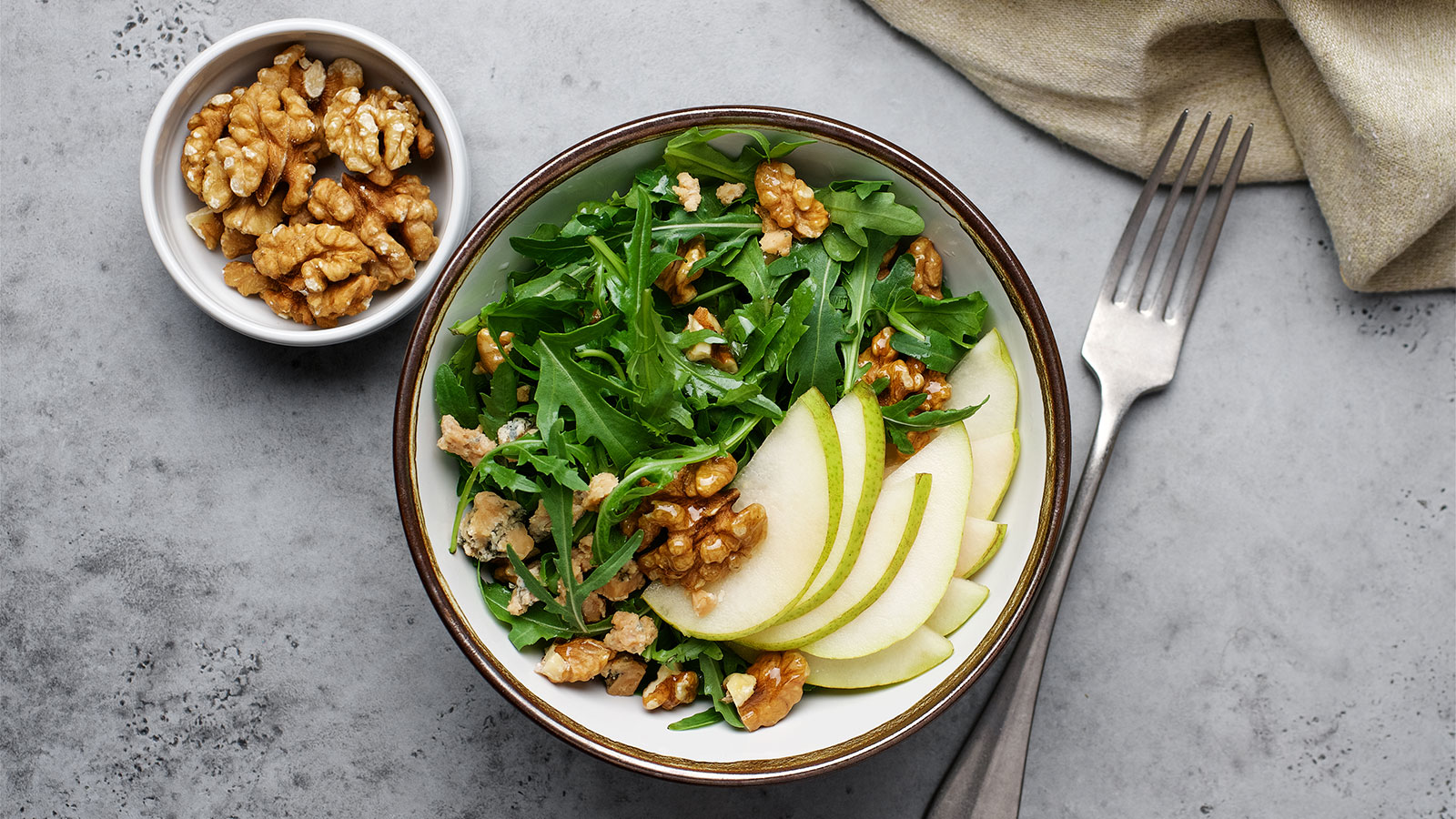
Heart-Healthy Summer Recipe: Pear and Walnut Salad
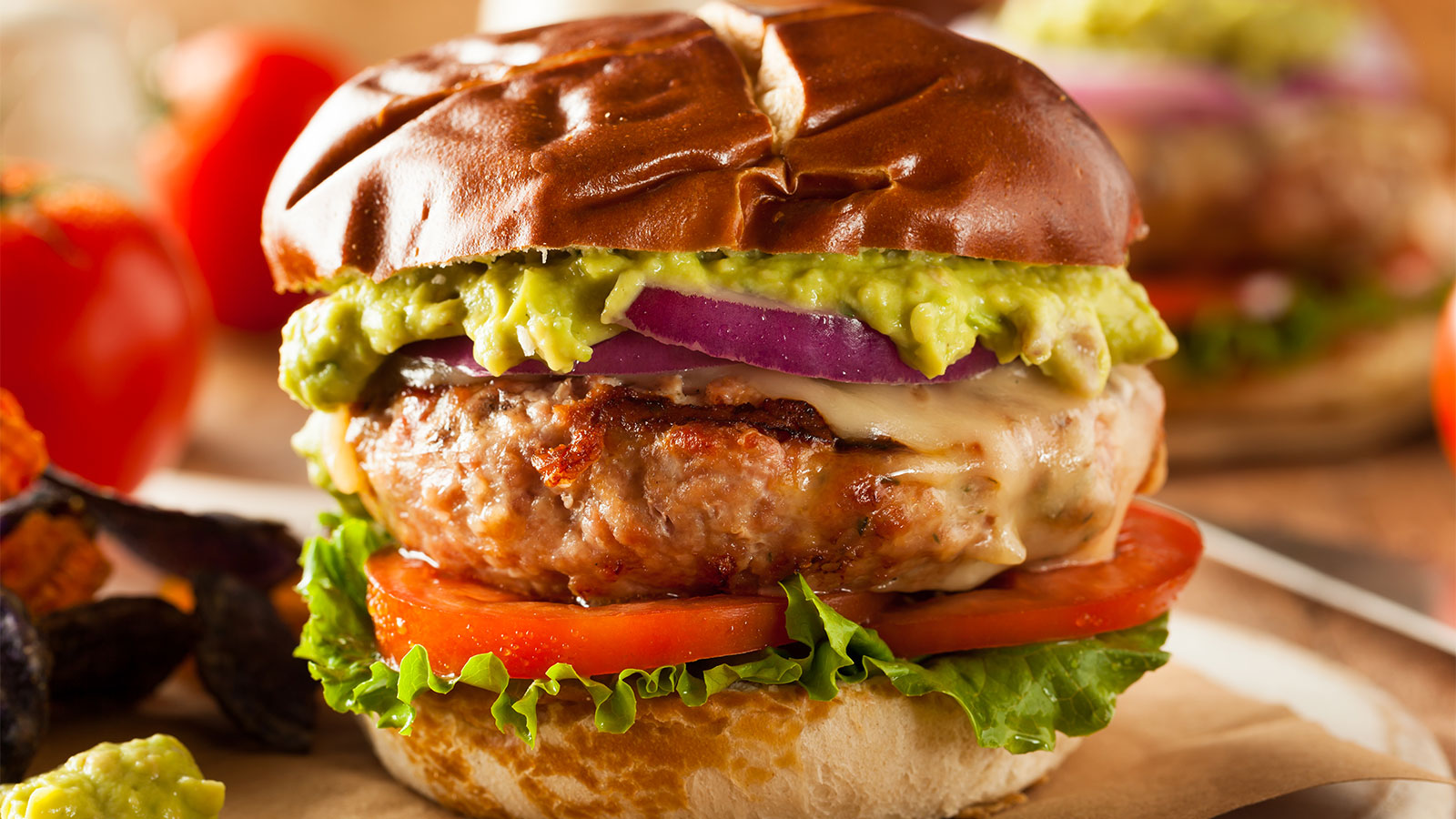
Heart-Healthy Summer Recipe: Terrific Turkey Burgers

